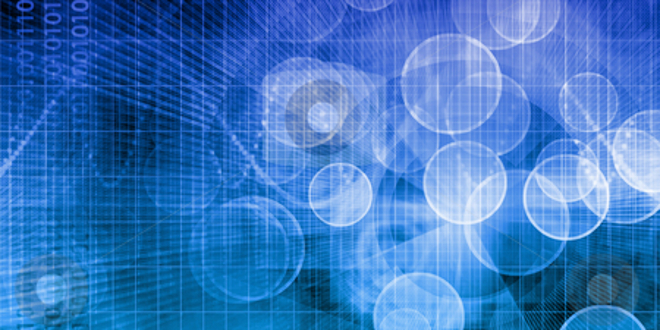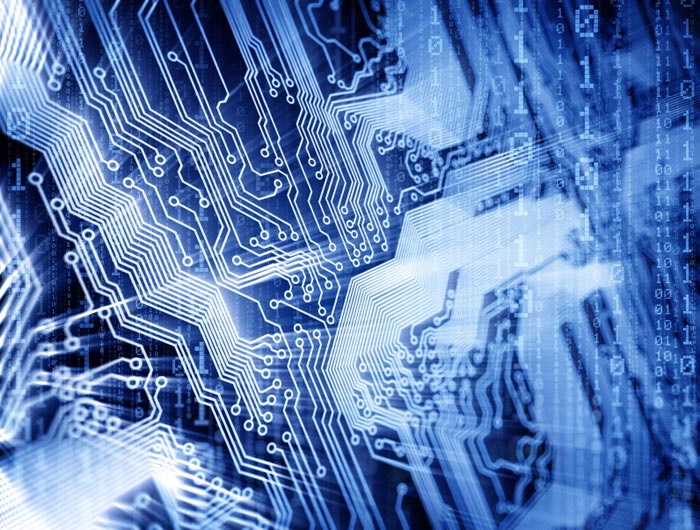

Biofuels - First bio-powered transatlantic flight lands - Renewable Energy Magazine, at the heart of clean energy journalism


Scientists are reporting development of the first self-powered nano-device that can transmit data wirelessly over long distances. Researchers say it proves the feasibility of a futuristic genre of tiny implantable medical sensors, airborne and stationary surveillance cameras and sensors, wearable personal electronics, and other devices that operate independently without batteries on energy collected from the environment.

A new supercomputer having Northern Europe

Researchers at UC San Diego and the Samsung Advanced Institute of Technology (SAIT) in Korea have demonstrated that it is possible to generate thousands of

Airbus visionaries have conceived the plane of the year 2050, with a transparent ceiling and morphing seats that maximize passenger comfort. Airbus is

The molecular structure of the proteins that enable bacterial cells to transfer electrical charge has been discovered by scientists at the University of East

Scientists at Karlsruhe Institute of Technology (KIT) have succeeded in encoding data at a rate of 26 terabits per second on a single laser beam, transmitting

Aurasmsa, a new augmented reality app by Autonomy that works with smart phones and tablets, will be available on the Apple App store next week, with a

A very small and light 3-D printer prototype has been developed by researchers at the Vienna University of Technology. The prototype is designed for use

(PhysOrg.com) -- "Human beings are more or less like a computer," Jian-Jun Shu tells PhysOrg.com. "We do computing work, and our DNA can be used in computing operations." Shu is a professor at the School of Mechanical and Aerospace Engineering at the Nanyang Technical University in Singapore. "For some problems, DNA-based computing could replace silicon-based computing, offering many advantages."

Efficiency is a problem with today's solar panels; they only collect about 20 percent of available light. Now, a University of Missouri engineer has developed a flexible solar sheet that captures more than 90 percent of available light, and he plans to make prototypes available to consumers within the next five years.

The totally solar powered Solar Impulse aircraft made its maiden international flight, piloted by Andre Borschberg, across Europe on Friday

The Aero Train is a free-flying, robotic train-plain that levitates on a cushion of air.